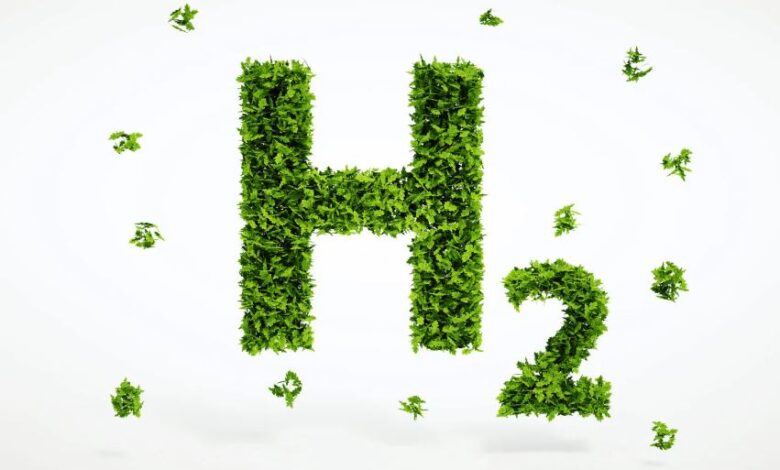Canadian green hydrogen for Germany: the 2 countries sign the Alliance
The first deliveries of green hydrogen from Canada to Germany should take place in 2025
(Sustainabilityenvironment.com) – There has also been talking of liquefied natural gas, but the sight of German Chancellor Olaf Scholz in Canada has taken home for now an agreement on green hydrogen. Yesterday the federal minister for the economy and the climate, Robert Habeck, and the Canadian secretary of energy, Jonathan Wilkinson, signed a new collaboration entirely dedicated to the carrier. A real “Hydrogen Alliance” (Canada-Germany Hydrogen Alliance) as it was renamed by the two countries, with which to advance the energy partnership already started over a year.
The objective is to establish close commercial cooperation for the carrier and its derivatives in the coming years. Under the agreement, Canada will continue with the production of hydrogen, in particular that obtained with renewable electricity, for export to Germany. Berlin, in turn, will support potential importers and consumers of green H2. With the possibility of examining the co-financing of joint projects. In addition, a task force with industry representatives from both sides will be established to jointly promote flagship projects.
“Green hydrogen is an important key to a climate-neutral economy,” said Minister Habeck in the margins of the signing. “We must strongly promote climate protection to ensure prosperity and freedom“. With the agreement “we want to build specifically a transatlantic supply chain for green hydrogen. The first deliveries from Canada to Germany should take place as early as 2025″.
Production is expected to be concentrated in the Canadian Atlantic provinces of Newfoundland and Labrador, Nova Scotia and New Brunswick and mainly wind energy, and then ship the carrier to Germany in the form of ammonia.
“A fundamental part of our government plan for a sustainable economic future – added Secretary Wilkinson – is to realize the potential of hydrogen. Not only in terms of opportunities in reducing domestic emissions but also in terms of potential export opportunities: bringing clean energy to countries around the world”.






